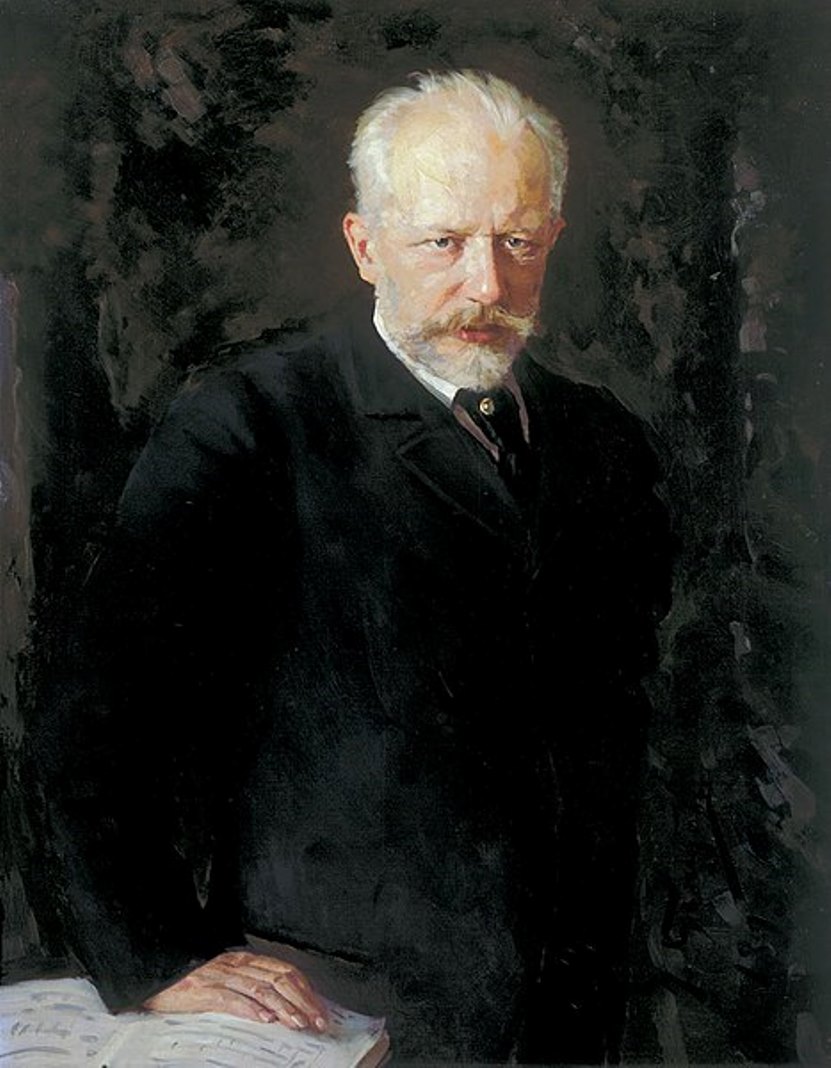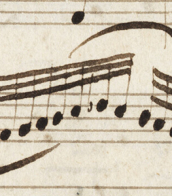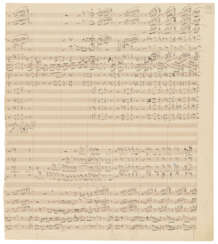petr ilich chaikovskii (1840 - 1893)

Petr Ilich Chaikovskii (Russian: Петр Ильич Чайковский) was a great Russian composer, teacher, conductor and music critic.
Petr was born into the family of a mining engineer; later his father became manager of the Alapaev and Nizhnekamsk factories and director of the Technological Institute in St. Petersburg. Already at the age of five Peter began to learn to play the piano and compose. Educated as a lawyer, he was appointed to the Ministry of Justice and retired in 1867.
In 1865, Chaikovskii graduated with honors from the St. Petersburg Conservatory, composing several significant works during his years of study. From 1866-1878, Chaikovskii was a professor at the Moscow Conservatory, translated several musical-theoretical works, and wrote A Guide to the Practical Study of Harmony. In 1868 he made his first appearance in the press as a music critic, and later worked as a music reviewer for the Moscow newspapers Sovremennaya Annals and Russkiye Vedomosti.
Petr Ilich destroyed his first operas - "Voevoda" and "Undina" - apparently dissatisfied with the result, but his next concertos and symphonies, the operas "Oprichnik" (1874) and "Vakula the Blacksmith" (1876) were already quite successful. In 1877 patron of the arts and admirer Nadezhda von Meck arranged for Chaikovskii to receive an annual subsidy of six thousand roubles, thanks to which he devoted his later life to composing, and from 1888 the composer also received an annual pension of three thousand roubles from the Russian Emperor Alexander III.
From the 1880s Chaikovskii became known not only in Russia but also abroad: he gave numerous concerts in European cities, and his music was recognized and loved in the USA.
A man of extraordinary sensitivity, Petr Chaikovskii revealed in music the inner world of man from lyrical intimacy to the deepest tragedy, creating the highest examples of operas, ballets, symphonies and chamber works. During this period he wrote the operas "Eugene Onegin" (1878), "The Maid of Orleans" (1879), "Mazepa" (1883), "Cherevichki" (1885), "Queen of Spades" (1890), "Iolanta" (1891) and others. And also ballets "Swan Lake" (1876), "Sleeping Beauty" (1889), "The Nutcracker" (1892). All of these works are still going with enduring success in all the world's theaters.
His cycle The Seasons and his Sixth Symphony ("Pathetique") are also widely known. Chaikovskii 's six symphonies, the symphony "Manfred" (1885), "Italian Capriccio" (1880), three concerti for piano and orchestra (1875-93), a concerto for violin and orchestra, "Variations on a Rococo Theme for Cello and Orchestra" (1876), a piano trio "In Memory of the Great Artist" (1882), and romances belong to the world's masterpieces.
Chaikovskii died unexpectedly, having contracted cholera during an epidemic in St. Petersburg. In honor of the composer in 1958, one of the most prestigious performing competitions was organized - the International Chaikovskii Competition, which is held in Moscow every four years. The city of Chaikovskii in the Perm Region, streets in many cities in the former Soviet Union, and a crater on Mercury are named in the composer's honor. The Moscow State Conservatory bears Tchaikovsky's name. Petr Chaikovskii is one of the most performed composers all over the world.


